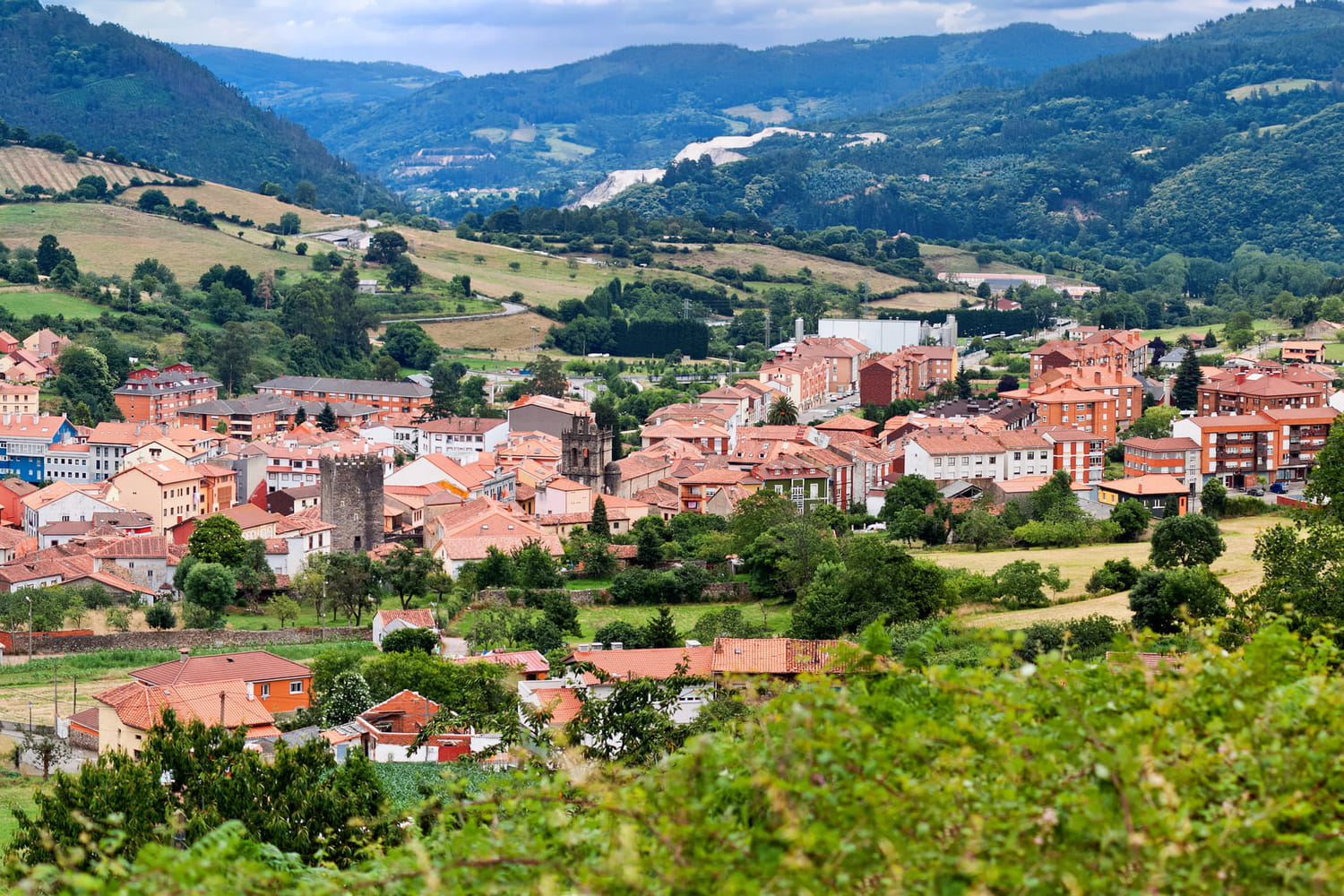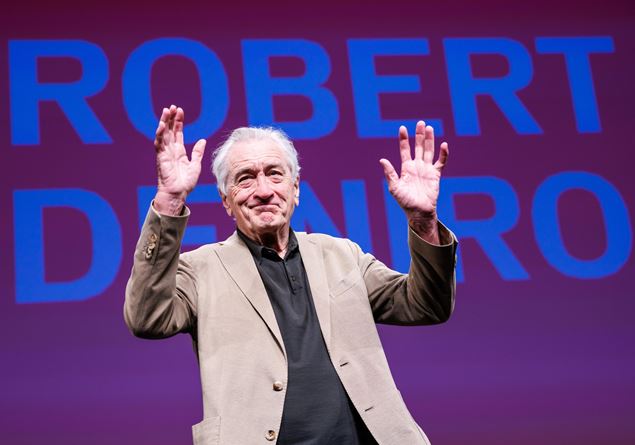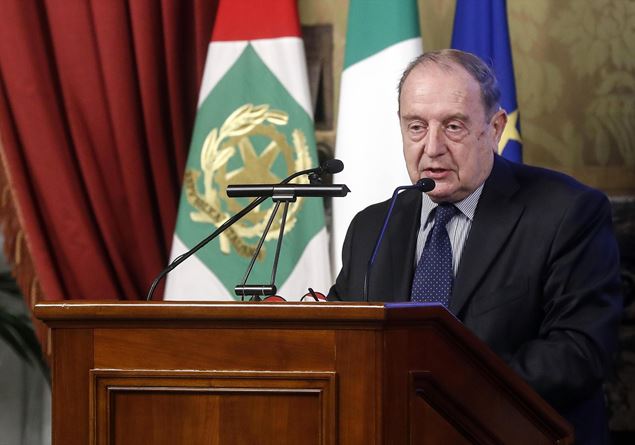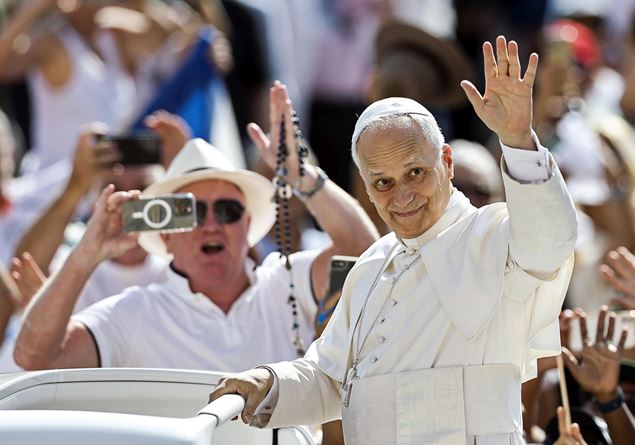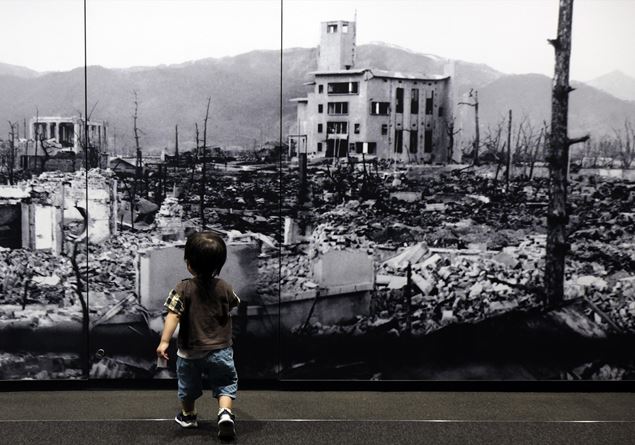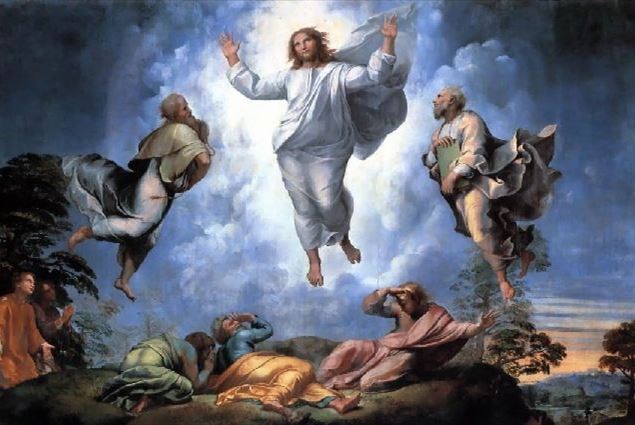by Lorenzo Rossi
In Cannes, these days, only cinema is not celebrated. It is celebrated a collective memoryan idea of culture that today seems to belong to a lost world. Robert De Niro, receiving the golden palm to his career, has transformed the stage into a political and moral grandstand. The silent, the laconic, the actor who has been playing more with the gaze for decades than with words, this time he spoke. And he hit hard.
Against Trump, of course. But also against a certain type of amnesia that afflicts American democracy. “We are fighting with all our strength to defend our democracy, which we thought guaranteed forever,” said De Niro. Then he added: “It’s time to wake up, organize, protest and above all vote.” It is not the first time he does it. For years, America has been going on calling Trump “tyrant” and “clown”. But doing it from Cannes, with the golden palm into hand, means transforming a career award into a act of civil resistance.
His speech was politicalyes, but in the most noble sense of the term: politics as a choice of field, as a moral duty, as fidelity to an idea of a country that does not resign itself to the decline. De Niro speaks as a veteran of high culture, the one that has the roots in the cinema that educated, who dug, who told the man.
In fact, he also spoke of cinema, and with the same strength. In dialogue with the public, he recalled his characters, his artistic choices, the partnership with Martin Scorsese. He explained what it means, for him, be an actor: Don’t perform, but transform. Words that today sound almost revolutionary, in an industry that has replaced the stories with the registered trademarks, the characters with sagas, the art with the franchise.
“Franchise” is the key word. De Niro, with Scorsese, embodied the last great revolution of American cinema: the New Hollywood of the 70s, the American response to the Nouvelle Vague. A cinema made of directors-authors and actors who risked, who told violence, discomfort, collective psyche. Not the cartoon into Technicolor in which Hollywood turned out today.
After the tributes to Francis Ford Coppola and Paul Schrader, Cannes closes a circle: he greets the golden era and questions the present. In an era of fast content and liquid identities, De Niro remains a rock. A symbol of consistency, of depth, of that talent that does not let itself be seduced by simplification.
And as he spoke, the festival seemed to find a soul. Because in a world that quickly forgets, De Niro reminded us that resisting is still possible. Even with cinema strokes.
